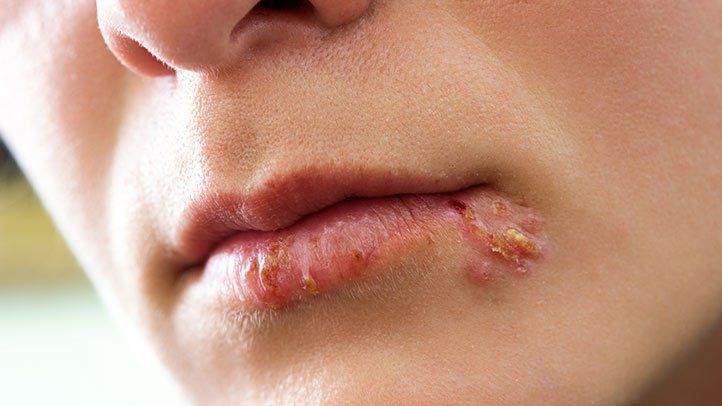
Human herpes simplex virus 2 (Hsv2) and Herpes simplex virus 1 (HSV-1), also commonly known as Herpes Simplex Virus One and Herpes Simplex Virus Two, are two genetically distinct members of the herpesvirus family, an exclusive group of viruses which produce multiple viral infections in all humans. Both herpesvirus strains cause genital and oral outbreaks.
Both types have many of the same characteristics, including the ability to infect and spread rapidly to other areas of the body
The virus that causes herpes is extremely contagious and can spread quickly through body contact, often through direct physical contact such as a handshake or a kiss. Both herpes strains are highly infectious and can be spread without any sign of an outbreak, although some people show signs of early immunity to either strain before they start to show symptoms of an outbreak.
The herpes virus can cause outbreaks in both men and women, although men are more likely to experience outbreaks than women. Both male and female sufferers can experience painful blisters have blisters that often itch and burn when touched or rubbed, although the outbreaks on the genitals are generally more painful. These blisters may also bleed and become infected with bacteria or virus. Although most people develop herpes in one area of the body, it can also occur in several areas at once.
Like other viruses, herpes can lead to serious and even life-threatening complications if left untreated. Early symptoms of herpes include fever, pain during urination or sexual intercourse, swollen lymph nodes, swollen face and neck, sore throat, and cough. When left untreated, the virus can cause serious illness and even death in certain people, especially pregnant women. The disease can also make sex life miserable and cause depression in those who are infected.
When herpes is contracted from a partner, the virus is passed directly from the body to the other partner. This is why it is so important for partners to be tested regularly to be sure they are not infected with herpes. It is also important to be tested for HPV, the virus that causes cervical cancer, because it is highly contagious. and can be passed from a pregnant woman to a child who is infected.
HSV cannot be transmitted through oral sex and only occurs in the mouth
It cannot be passed from person to person during anal or vaginal sex. People who are infected with this virus are very contagious to others.
Since herpes cannot be transmitted through skin to skin contact, most people do not develop outbreaks of the disease unless they are exposed to an infection. If a pregnant woman is infected with the virus, her baby will not contract the disease either. However, if the virus enters into the blood stream through the vagina or mouth and causes an outbreak, the baby can also pass the virus to the mother through the skin. This makes the condition highly contagious and very dangerous.
It is important for those infected to get tested for the herpes simplex virus. A herpes outbreak is caused by the herpes virus and the virus does not respond to treatment. Because the virus cannot be cured, the virus is under the control of the human immune system, which can sometimes be compromised by drugs. controlling his immune system. This means that those infected must stay healthy and stay healthy and try to limit their exposure to the virus so that they do not pass the disease on to others.
When a person infected with the herpes simplex virus has an outbreak, they should seek immediate medical attention to prevent the spread of the disease to others. The person suffering from this condition should receive treatment as soon as possible and should not delay treatment for at least four days.
Some of the treatments described at Sarjana Blog may help delay the severity of an outbreak, but will not actually stop the disease, which means that the person's immune system is still at risk. This means that even with the best medical care, a person can still be contagious to others.
Some HSV medicines can contain many harmful bacteria and viruses that can harm the body and cause long-term damage if taken. These include: clomid, lamisil, famvir, genital herpes proteins, and zovirax. If a person infected with the virus takes any of these medications and then has a flare-up, the chances are high that that person could transmit the disease. Some of these drugs may even be contaminated with a virus.